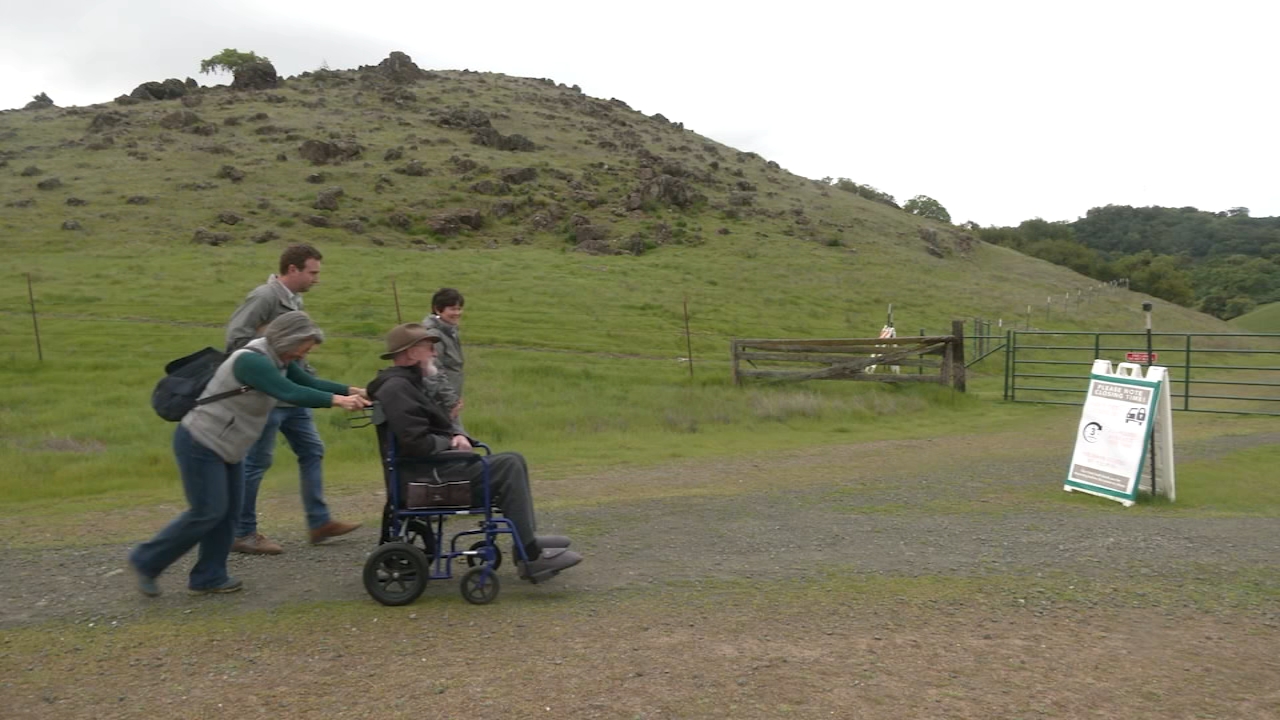CA Air Resources Board to require zero emission leaf blowers, lawn mowers by 2024

SAN FRANCISCO (KGO) -- The California Air Resources Board will soon require engines in equipment like leaf blowers and lawnmowers to be zero emission.
The new rule takes effect in 2024.
RELATED: Mandatory composting coming to California in January will change how we dispose food
Richard Ogawa owns Gardenland Power Equipment in Campbell. Within the last 10 years, he's worked to transition the business to become a battery leader for landscape equipment in the Bay Area.
"A lot of our clients are corporate campuses and school districts," Ogawa said. "A lot of them have had this converting from gas to battery initiative."
It's given him a helpful head start ahead of the California Air Resources Board's approval of a state assembly bill.
By 2024, most newly manufactured off-road engines like in landscape equipment have to be zero emission.
It impacts equipment made for model year 2024 and beyond only. Any equipment that was made before that can still be used and sold.
RELATED: New strategies could help California meet methane goals
The board also says portable generators like the kind that can be found in RVs would have tougher standards by 2024 before also having to meet zero-emission standards by 2028.
The board says it's a necessary move, stating that a commercial operator that uses a backpack leaf blower for an hour can generate as much pollution as a car driving more than 1,000 miles.
"We want to have a greener environment and be part of that whole initiative," Ogawa said. "We commend people's efforts to doing that. The problem is, it's just timing transition, and making sure that we've got all the things in place to make sure that we can be successful in doing this transition."
That transition, according to the National Association of Landscape Professionals, will be extremely costly for the 55,000 small landscape business in the state.
Though $30 million has been put aside to support the transition, the association says it won't be enough.
San Jose resident Martin Stuczynski has been pushing for a local ban on gas powered motors for nearly a decade now.
He says long term, the board's move is a good one but it doesn't do anything for the short term.
"That only addresses the sale of these tools that doesn't address the use of these tools," Stuczynski said, "I've talked to some landscape crews, and they said, 'I'm going to continue to use my gas tools, you know, until I can't repair them anymore.'"
Ogawa also says customers have told him they may go out of state or online to continue to buy gas powered tools.
He also says local charging and battery disposal infrastructure for the upcoming added demand isn't where it needs to be yet.
Still he says there is a silver lining for his business. "If I wasn't invested in the battery like we are today," Ogawa said, "I would be really worried."










